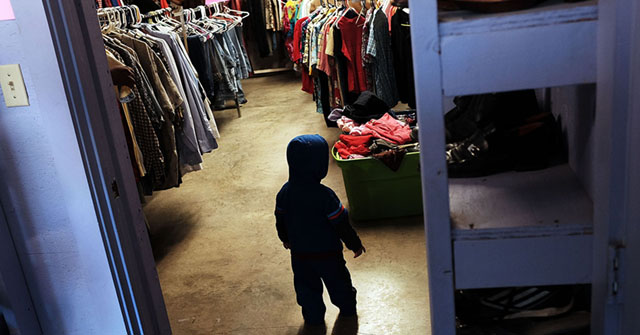Peterson Foundation Statement on Bipartisan Infrastructure Deal

NEW YORK — Michael A. Peterson, CEO of the Peter G. Peterson Foundation, commented today on the announced infrastructure deal between the White House and a bipartisan group of Senators. Peterson said:
“Bipartisanship is important, and so is our $28 trillion national debt. Working across the aisle to address important needs of our nation is an essential component of a functioning democracy. However, fiscal sustainability is also critical for our future economy, so we must ensure that these investments are fully paid for.
“There are significant questions about whether the funding mechanisms in this proposal will truly cover the cost of the spending. Lawmakers should continue to work together to develop pay fors that are legitimate and credible, in order to achieve the necessary cost savings to offset the cost of the bill.
“It’s very refreshing to see our lawmakers successfully come together, especially on tough decisions about how to pay for priorities. But we are already on pace to add $13 trillion in debt over the next 10 years, so the least lawmakers can do for the next generation is to not increase the rate of digging. If we care enough about our future to make these investments, we should also care about reducing the high and rising burden of debt and interest costs that cast a shadow over our economic outlook. Making these investments while also addressing our fiscal challenges is truly the best way to improve the opportunities for the next generation.”
# # #
Further Reading
Budget Basics: What Is the Child Tax Credit?
The CTC provides assistance to families with children, and while it represents a relatively modest part of overall government spending, it is one of the largest tax expenditures.
Budget Basics: Tax Expenditures
Tax expenditures can come in the form of exclusions, exemptions, deductions, and credits.
What Are the Economic Costs of Child Poverty?
Child poverty is higher in the United States than in other wealthy countries. Studies show that it has quantifiable economic costs.


